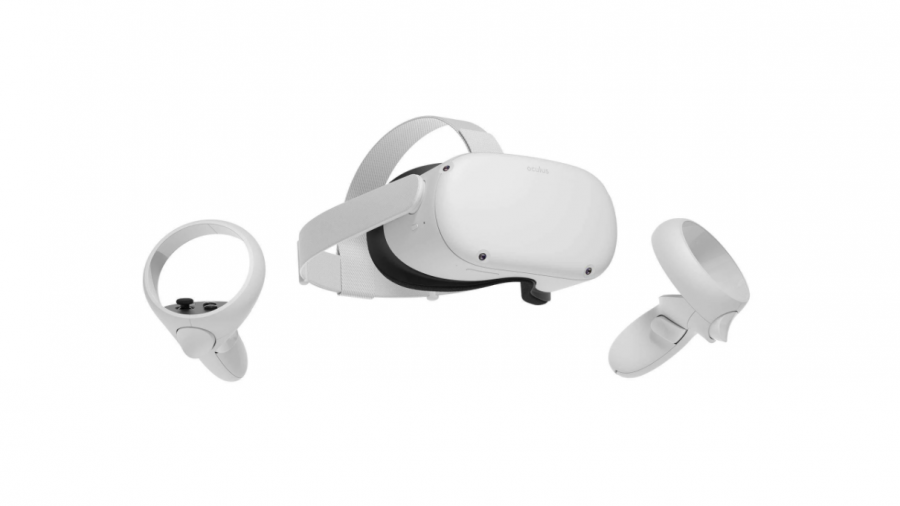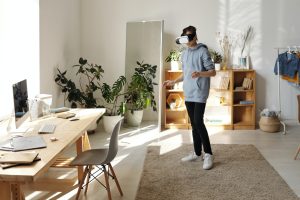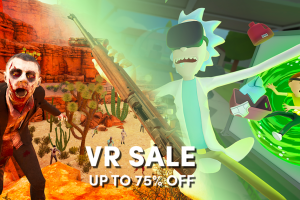Virtual reality. Once a hot topic has lost is glamour but still a lot of research is placed on it. Many news media have addressed 2020 to be the year when VR either makes it or breaks it.
Now, talking about VR is maybe a bit outdated and what should be discussed instead is XR, extended reality. Extended reality refers to various technologies that somehow modify our sense of reality. Besides VR, this includes augmented reality, AR, and mixed reality, MR. Augmented reality is a reality where something is added and that enhances the experience whereas VR is a totally different reality. Thus, MR is the mix of these two.
Virtual reality is still a niche
As discussed in the previous part, the second hype around VR technologies has not come around yet. Although the second hype may not be necessary, these technologies are discussed much less in mass media than a few years ago. Most of us have tried outdated VR technology and their perception of them is mainly based on those experiences. Although the quality of VR glasses and other equipment is much better compared to a few years back, people have fewer opportunities to try it out since the hype has died down. So, unless one has a friend or a relative who owns these items or one is particularly intrigued by VR or AR, there are fewer chances to experience these modified realities.
Is it a problem that VR, AR, and MR are a niche thing? Not necessarily. If we discuss the consumer B2C market, it truly is global, there definitely is a reason to keep developing VR technology. And that is what is happening. One of the reasons why this is happening may linger in how virtual reality is the tendency of re-targeting the marketing and development processes from entertainment purposes to more useful and utilitarian purposes in the B2B market.

VR in gaming is still going strong
One area where VR is still enjoyed thoroughly is the gaming community. Gamers have been one of the main target groups to sell VR technology. Some are saying that the gaming community may be the main force that could bring this technology back to the interest of the masses. Some hype has been around the VR game Half Life: Alyx which may boost the industry focus again on developing VR technology in gaming environments. Besides PC games, online casinos have started to try VR in their games with some success in sight.
A shift from B2C to B2B – is VR getting boring?
Although it may be a bit harsh to say VR as boring, it sort of reflects the current VR trends. A lot of development, research, and funding is currently placed on how to use VR and AR in education and healthcare, the latter being the major group of interest for the companies developing these technologies. It is easy to see why. Virtual reality and augmented reality help surgeons to practice and mental health patients to relive and heal traumatic experiences.
The risk of focusing too much on the B2B side – which in fact is more beneficial for many companies in the industry – is that the technologies sold for the mass consumer are not being developed. This leads to disinterest in the consumer market as the quality does not improve and new ways to utilize and enjoy the product are not introduced. For the masses, VR is more like a fun thing to try out but not a necessity, and the transfer from a “fun thing” to a desired want or even a need is a true challenge to overcome.






 Your total news and information resource for all things Science, Technology, Engineering / Mathematics, Art, and Medicine / Health.
Your total news and information resource for all things Science, Technology, Engineering / Mathematics, Art, and Medicine / Health.
Leave a Comment